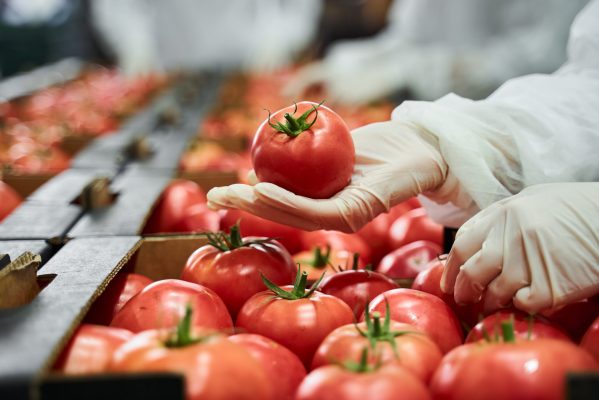Even if the final report was presented more than 10 months ago, we now have a new federal government and the world situation has changed dramatically, the results of the FCA remain groundbreaking because they represent the central consensus of all players in the German agricultural and food industry . The new Minister of Agriculture, Cem Özdemir, has already emphasized the outstanding importance of the FCA results for his policy. At the panel event of the Association of German Plant Breeders (BDP) on May 4th, 2022, the three members of the FCA Werner Schwarz (Farmers’ Association), Christoph Heinrich (WWF) and Stephanie Franck (Plant Breeders) unanimously confirmed that this consensus in the implementation of the FCA recommendations in regulations and laws will remain in place. As a result, the federal government can implement individual steps of the transformation very quickly.
In view of the FCA the food industry is of fundamental importance for this transformation of the agriculture and food industry towards climate-neutral, sustainable and biodiversity-promoting management. Industry and food retail must take responsibility for passing on the increased costs of the transformation to consumers and, if necessary, compensating for them themselves. Against the background of food price inflation already triggered by high energy prices and the supply chain interruptions due to Corona (+6.2% in March 22 compared to the previous year, source “agrarheute”), further price increases due to the transformation of the agriculture and food industry are becoming increasingly difficult to enforce.
The following understandable requirements of the FCA for the food industry will increase costs in addition to the agricultural raw material production:
- The intensive cultivation of fruit and vegetables must also be further developed with regard to an ecologically optimized use of nutrients and pesticides, and ecological fruit and vegetable production must be strengthened.
- Introduction of mandatory labels for animal welfare, origin of primary ingredients, regionality, nutritional value with scientifically based Nutri-Score and sustainability
- Community catering and procurement must be consistently converted to the required quality, health and sustainability standards.
- On the production side, the food loss focal points (fruit and vegetables, baked goods, bulk consumers) should be specifically addressed. Necessary measures are the agreement of binding reduction targets for industry, trade, agriculture and catering
- Binding supply contracts with specific information about quantity, quality, price and duration of the contract in order to increase planning security for producers.
- Introduction of arbitration mechanisms to resolve conflicts and agreement on a “collective culture” (e.g. code of conduct, ombudsman’s office, price observation office).
There are drastic changes that will come to the food industry if all demands are implemented by politicians. Due to the competitive pressure, there will be a lot of initiative from the supermarket groups to bring about changes in the supply chains. If the demands of the FCA are implemented by politicians, we have to reckon with an overbidding competition from the traders for even higher standards in agricultural production. The supermarkets will strongly oppose the reduction of their margins.
That is why medium-sized regional food manufacturers and fresh produce suppliers in particular will be challenged. The changeover to sustainable management, while at the same time putting pressure on gross profits, must be implemented quickly. For many, this will be a Herculean strategic task.
These challenges, especially for the medium-sized food industry, can only be met with a clever strategic approach. Start the necessary strategy process with a working group that is staffed beyond the company management. In addition to shareholders and management, loyal, experienced and young employees from a wide variety of areas should participate on an equal footing. You may also invite closely related external business partners to the strategy group. I design, moderate and document the process of strategy development on an equal footing and ensure everyone’s participation. This gives you a corporate strategy that employees and business partners can support right from the start. How exactly, we can gladly deepen in a non-binding free discussion. Make an appointment at info@torsten-spill.de .
